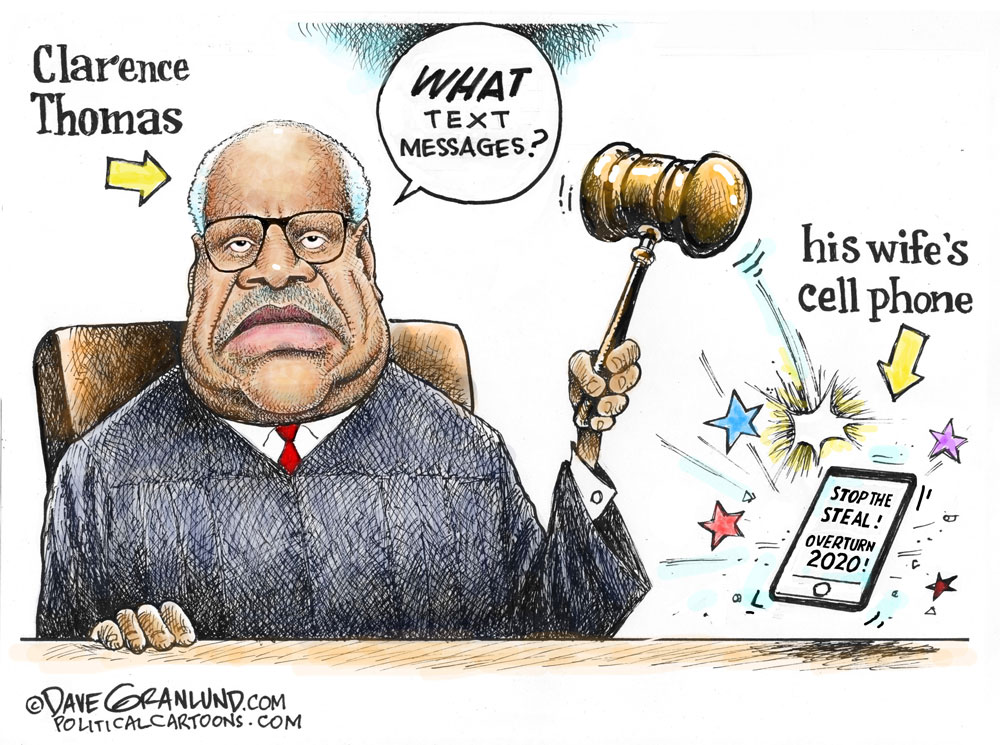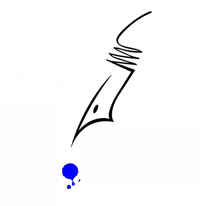
Today at the Editor’s glance: Weather: Sunny. Highs in the mid 70s. Northwest winds 5 to 10 mph. Sunday Night: Mostly clear. Lows in the lower 50s. West winds 5 to 10 mph.
“The Revolutionists,” by playwright Lauren Gunderson, a comedy about four women during the Terror in the French Revolution, is staged at Palm Coast’s City Repertory Theatre. The Revolutionists propels France’s fight for equality and freedom to modern times with this bold, brave and blisteringly funny new work about feminism, legacy and standing up for one’s beliefs. At 3 p.m. at the CRT in City Marketplace, 160 Cypress Point Parkway, Suite B207, Palm Coast. Tickets: $20, or $15 for students. Book tickets here. See the preview, “Badass “Revolutionists” Guillotine France’s Reign of Terror in City Repertory Theatre Comedy.”
Notably: Mstislav Rostropovich, one of the great romantic cellists of all times, was born on this day in 1927 in Baku, in what was then and may soon again be, if Putin has his way, known as the Soviet Union, what is today Azerbaijan, on the Caspian Sea. Maybe Rostropovich was inspired by Baku’s endlessly rich architecture, though both his parents were musical: they gave him his first piano lessons, and his composition teacher was Shostakovich, in whose defense he would speak in 1948, when Shostakovich had artistic differences with the regime, drawing the ire of Stalinist authorities. Nevertheless, Rostropovich won the Stalin Prize in 1951, the year he first appeared west of the Iron Curtain–in Florence. He got into more serious trouble in 1969 when he gave safe haven to Aleksandr Solzhenitsyn, whose Gulag Archipelago had not yet begun to appear but who was already the Soviet Union’s thorniest dissident. Rostropovich was banned from traveling abroad and his recordings were de-shelved. In 1974 he managed to get a pass for a concert tour, with his family, went to the United States, and did not return until 1991, immediately after the collapse of the Soviet Union. Meanwhile he conducted numerous orchestras, including the London Symphony and the Berlin Philharmonic. He died in Moscow in 2007. Just before his death, the Times reported in his obituary, “He was able to attend a celebration of his 80th birthday on March 27 at the Kremlin, where President Vladimir V. Putin of Russia presented him with a state medal, the Order of Service to the Fatherland,” reminding us once again that culture is no hedge against genocide. To put it in Anthony Burgess’ more eloquent words (from “1985,” his 1978 novel): “A commandant who had supervised the killing of thousand of Jews went home to hear his daughter play a Schubert sonata and cried with holy joy… the good of music has nothing to do with ethics.” Or as a Russian more familiar to Putin put it (Dostoevsky, in “Notes from Underground”): “Have you noticed that the most refined blood-shedders have almost all been civilized gentlemen, to whom the various Attilas and Stenka Razins sometimes could not hold a candle?” Solzhenitsyn, by then a Putin sympathizer, called Rostropovich’s death a “blow to our culture” (as Solzhenitsyn’s later decades equally were). Allan Kozinn wrote in The Times: “As a cellist, Mr. Rostropovich played a vast repertory that included works written for him by some of the 20th century’s greatest composers. Among them were Shostakovich’s Cello Concertos; Prokofiev’s Cello Concerto, Cello Sonata and Symphony-Concerto; and Britten’s Sonata, Cello Symphony and three Suites. Perhaps because his repertory was so broad, Mr. Rostropovich was able to make his cello sing in an extraordinary range of musical accents. In the big Romantic showpieces — the Dvorak, Schumann, Saint-Säens and Elgar concertos, for example — he dazzled listeners with both his richly personalized interpretations and a majestic warmth of tone. His graceful accounts of the Bach Suites for Unaccompanied Cello illuminated the works’ structural logic as well as their inner spirituality.” Warner Records in 2017 released a 40-CD boxed set, “Rostropovich: Cellist of the Century,” collecting the complete Warner recordings. “He was blessed with an outgoing personality but equally could draw listeners into his intense spiritual world,” the liner notes say of the cellist.
Now this:
Rostropovich: The Genius of the Cello, a BBC Documentary
![]()
The Live Calendar is a compendium of local and regional political, civic and cultural events. You can input your own calendar events directly onto the site as you wish them to appear (pending approval of course). To include your event in the Live Calendar, please fill out this form.
January 2026
Flagler Beach United Methodist Church Food Pantry
Flagler County Drug Court Convenes
Model Yacht Club Races at the Pond in Palm Coast’s Town Center
Palm Coast Democratic Club Meeting
Flagler Beach City Commission Meeting
Evenings at Whitney Lecture Series
Free For All Fridays With Host David Ayres on WNZF
Friday Blue Forum
For the full calendar, go here.

“Resurrection, madam,” the phoenix told her, “is one of the most simple things in the world. It isn’t any more surprising to be born twice than once.” (“La résurrection, madame, lui dit le phénix, est la chose du monde la plus simple. Il n’est pas plus surprenant de naître deux fois qu’une.”)
–From Voltaire’s “La Princesse de Babylone” (1768).





































Leave a Reply